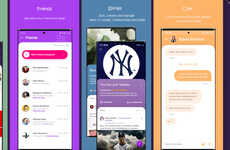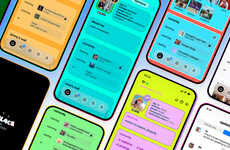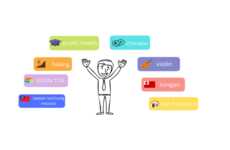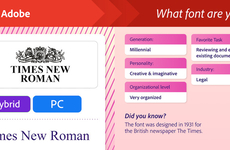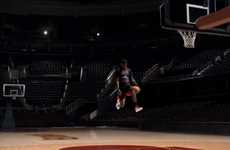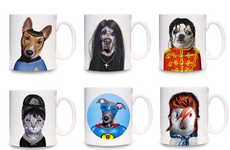
The Social Media Class of 2011 is the Web's Pop Culture Prequel
Amelia Roblin — February 11, 2011 — Pop Culture
There are many who struggle to define social networking, but few examples come cross as funny as the Social Media Class of 2011 by Flowtown.
Categorizing some of the most popular user interactive websites out there, Ethan Bloch has posted Internet profiles as if in the pages of a high school yearbook. Assuming the stereotype for the Gossip Girl and the Prep are naturally Twitter and Google respectively. Facebook takes captain as the Jock, with Wikipedia as the Nerd.
Each personified page within the Social Media Class of 2011 has a list of its cliché clubs and teams, accompanied with a typecast quote from a roll model. If these info-sharing websites were human, it seems that these branded identities would fit their younger selves to a T.
Categorizing some of the most popular user interactive websites out there, Ethan Bloch has posted Internet profiles as if in the pages of a high school yearbook. Assuming the stereotype for the Gossip Girl and the Prep are naturally Twitter and Google respectively. Facebook takes captain as the Jock, with Wikipedia as the Nerd.
Each personified page within the Social Media Class of 2011 has a list of its cliché clubs and teams, accompanied with a typecast quote from a roll model. If these info-sharing websites were human, it seems that these branded identities would fit their younger selves to a T.
Trend Themes
1. Social Media Personification - Creating human-like profiles of popular social networking sites for entertainment purposes.
2. Brand Stereotyping - Applying character and personality traits to a non-human entity as a marketing technique.
3. Web Pop Culture - Using popular culture references to illustrate the characteristics and features of interactive websites.
Industry Implications
1. Marketing and Advertising - Developing creative ways to showcase brand identity and personality to increase audience engagement.
2. Entertainment and Media - Producing content that uses humor and satire to engage with digital media consumers.
3. Web Design and Development - Integrating user personality and psychographics with website design elements to create a more personalized user experience.
5.9
Score
Popularity
Activity
Freshness

